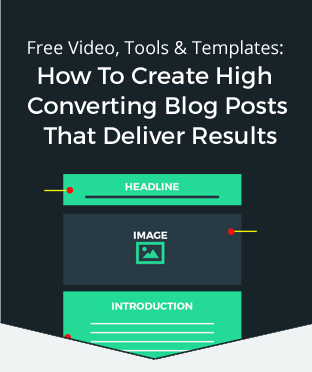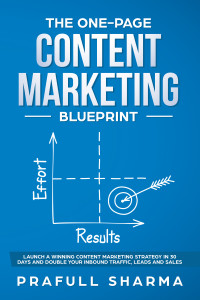What Are the Most Important Marketing Tools for a Small Business?
Running a small business today requires more than just hard work—it demands the innovative use of digital solutions that maximize efficiency and growth. Choosing the correct marketing tools is one of the most impactful decisions small enterprise owners can make. These tools help you streamline communication, attract leads, and drive the success of your marketing efforts. Let’s explore the best marketing tools for small businesses that simplify daily operations and fuel business growth.
1. Email Marketing Tools
Email marketing remains one of the most essential marketing strategies. Platforms such as Mailchimp make it easy to design professional email campaigns, segment audiences, and track performance. These email marketing tools often include automation, which saves time while ensuring your message reaches the right people. Most also come with a free plan, giving small teams a cost-effective way to get started.
2. Marketing Automation Platforms
To stay competitive, small businesses must embrace marketing automation. With a marketing automation platform, you can schedule social posts, run drip campaigns, and track customer interactions without manual effort. Tools like HubSpot and ActiveCampaign provide the automation tools necessary for marketing and lead generation, enabling you to scale faster. Many tools also offer a free trial, allowing you to test features before committing.
3. Social Media Marketing Tools
Social channels are key marketing channels for visibility and engagement. Social media tools such as Buffer’s free version or Hootsuite help you schedule posts, manage multiple accounts, and monitor analytics. Buffer’s free plan is available for small businesses that want a budget-friendly entry point into online marketing. These platforms provide analytics tools to track engagement, ensuring your campaigns align with your broader marketing strategy.
4. Analytics and SEO Tools
The backbone of any marketing plan lies in analytics. Google Analytics is one of the most effective analytics platforms for measuring traffic, conversions, and customer behavior. For visibility, SEO tools such as SEMrush or Ahrefs provide keyword research insights and highlight growth opportunities. Combining seo and content-driven marketing is a proven way for small businesses to improve their online presence and attract qualified leads.
5. Content Marketing Tools
High-quality content marketing builds authority and strengthens customer trust. A content marketing tool like Canva provides ai-powered design tools and editing tools that help you create marketing materials such as visuals, infographics, and social media graphics. These tools can help you maintain consistent branding and enhance digital marketing activities across multiple channels.
6. CRM and Project Management Tools
Managing customer data is vital for marketing and sales alignment. CRM tools such as HubSpot’s Marketing Hub give small businesses access to valuable marketing features such as contact management, lead nurturing, and reporting. Additionally, project management tools such as Trello or Asana are designed for small teams, helping them stay organized while handling multiple marketing campaigns.
7. All-in-One Marketing Platforms
Some marketing software offer bundled features tailored for small business marketing software needs. These advanced tools combine marketing tech stack elements such as email, CRM, automation, and social media marketing. For example, Zoho and HubSpot provide robust marketing automation that scales with your growth. These tools are designed for small businesses that want to simplify their workflows, and many offer a limited free plan or free version to get started.
Choosing the Right Marketing Tools for Your Small Business
When selecting the right marketing, it’s crucial to consider your business needs and overall marketing efforts. Look for tools designed to match your goals, whether you’re focused on generating leads, boosting digital marketing efforts, or growing your business. Remember, Mailchimp or HubSpot can be excellent starting points, but the tools your team relies on should integrate smoothly with your existing processes.
The success of your marketing depends on identifying the right tools for your unique goals. By leveraging marketing tools for your small business, you can strengthen your online presence, align your marketing team, and improve your marketing and sales performance.
While every business is different, these marketing tools have earned their reputation as popular and effective options. For more tips, resources, and industry news, follow us on X account and our LinkedIn page.
Share This Story
Get the latest growth ideas, strategies, and best practices delivered to your inbox.
Quick read that helps 7000+ subscribers.






